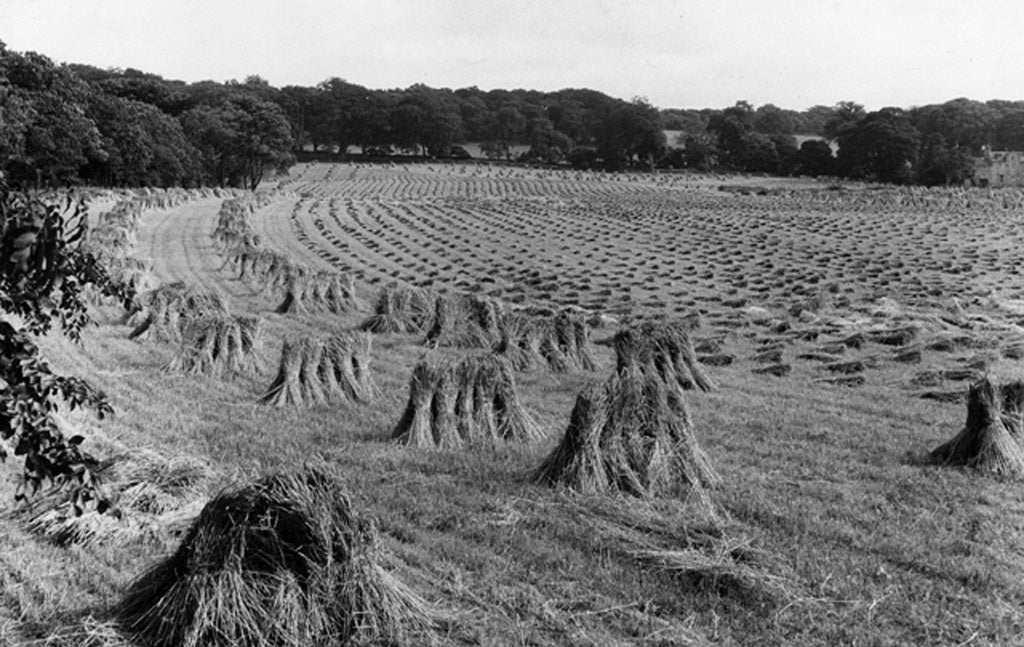Nature Studies: Our generation has seen a great thinning that we can’t quite name
Young people just can't register how much of our wildlife has disappeared

Your support helps us to tell the story
From reproductive rights to climate change to Big Tech, The Independent is on the ground when the story is developing. Whether it's investigating the financials of Elon Musk's pro-Trump PAC or producing our latest documentary, 'The A Word', which shines a light on the American women fighting for reproductive rights, we know how important it is to parse out the facts from the messaging.
At such a critical moment in US history, we need reporters on the ground. Your donation allows us to keep sending journalists to speak to both sides of the story.
The Independent is trusted by Americans across the entire political spectrum. And unlike many other quality news outlets, we choose not to lock Americans out of our reporting and analysis with paywalls. We believe quality journalism should be available to everyone, paid for by those who can afford it.
Your support makes all the difference.It is well known in psychotherapy that giving a name to an unnamed malady can make all the difference in dealing with it: for example, the difficult admission that a beloved relative is an alcoholic can suddenly make sense of years of irrational behaviour. Many people have ills, or troubles of their own mind, which they cannot name, but which they nonetheless know beyond doubt are there; and to arrive at a naming of them may not do away with them, but it may certainly help.
I have long had a growing sense that something analogous to this applies to the natural world in Britain: that there is a malady which certain people sense, which distresses them, but which they cannot name, and so is never really discussed. The people who feel this are, by and large, older. They are over 50 – the baby boomers, the post-war generation that came of age in the 1960s and has always been characterised by the explosion of new freedoms and the sound of rock ’n’ roll.
The distress some baby boomers now feel centres on a change which has come over the world in their lifetimes, but it is not one that is evident to the casual observer. It is far subtler, say, than the hacking down of rainforests: it’s not something that can be photographed in all its jagged brutality, like a devastated Amazon. Yet it is real, and it matters to many people, even if they can’t quite put their fingers on it, or name it.
Former beauty
I first became aware of this 12 years ago when The Independent launched its campaign to Save The Sparrow, to try to account for the astonishing disappearance of the house sparrow from London and other towns and cities (which remains, at bottom, a mystery). Among the hundreds of initial responses from readers, we were surprised by not a few which said, in effect, thank God somebody else has noticed – I thought it was only me! Many people had picked up, even if only on the edge of their consciousness, the house sparrow’s vanishing, yet felt unable to articulate it themselves.
More recently, it has seemed to me that what has changed in the life of the baby boomers in Britain is a more general disappearance: the vanishing of abundance in the natural world. Half a century ago, there was simply much more of everything – more wild flowers, more birds, more butterflies and moths, more insects, especially – and the boys and girls of the baby-boomer generation grew up with this all about them, as had every generation before.
Younger people do not register its disappearance, of course, because the world is only as they find it. But when the idea of the vanishing of abundance was first mentioned on this page, two years ago, there was an intense response, from older readers above all; and after I requested specific memories, last week, there was an intense response once more (I will try to acknowledge them all individually).
Threadbare
People over 50 remember enormous flocks of lapwings over farmland, and corn buntings on every telegraph wire, and vast clouds of starlings wheeling against the evening sky; they remember nettle beds full of small tortoiseshell caterpillars, roadside verges full of flowers, gardens full of songbirds and ditches full of frogs and toads – all gone. The most common image (it came in three successive emails) is of the car windscreen, splattered with moths and other insects at the end of every night-time journey in summer. Now the windscreens are clean.
What is it that this vanishing means, to the people who are distressed by it, but are unable to give their distress a name? After all, on one level it’s just a lot fewer pesky insects, isn’t it? Yet I think older people feel, even if they cannot express it, that what has happened is a profound change to the very fabric of existence, to the warp and weft of life.
For half a century, the babyboomer generation has been defined by the wildness of the 1960s, by sex and drugs and rock ’n’ roll; now as it comes to the end of its time, perhaps we can start to see another way of characterising it. This was the generation that saw the shadow fall across the Earth, the generation that saw a great thinning: it has witnessed the fabric of life in the natural world, once so rich, become threadbare, ragged and frayed.
Join our commenting forum
Join thought-provoking conversations, follow other Independent readers and see their replies
Comments